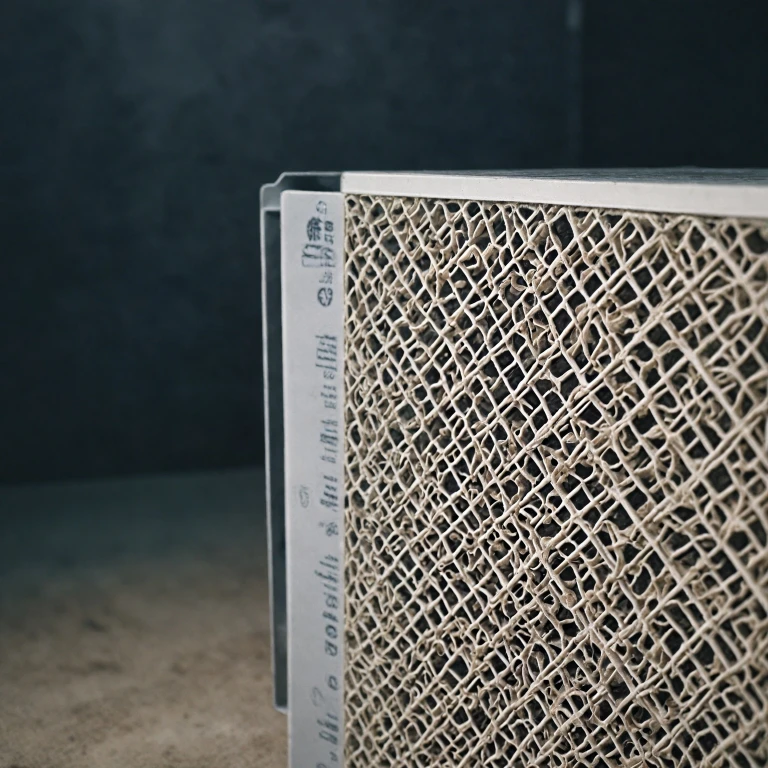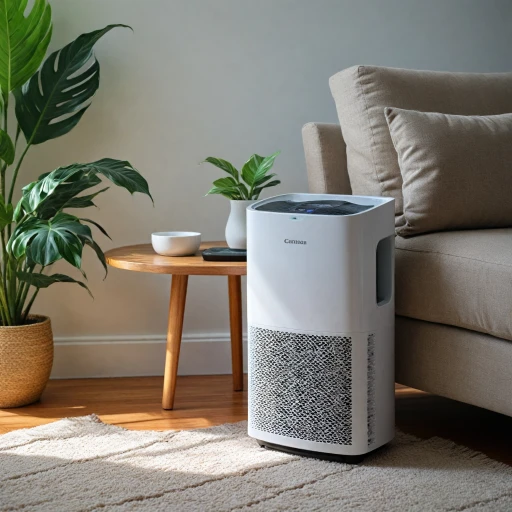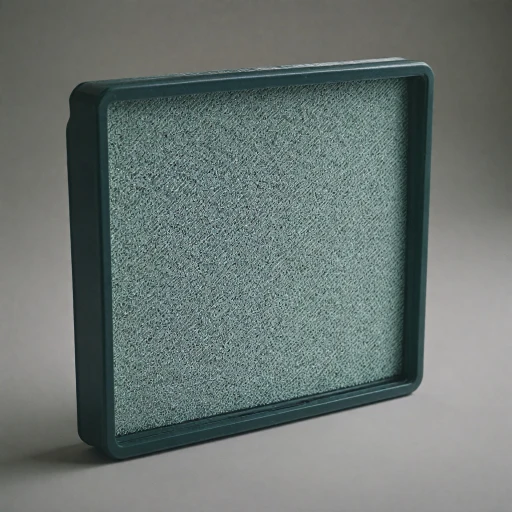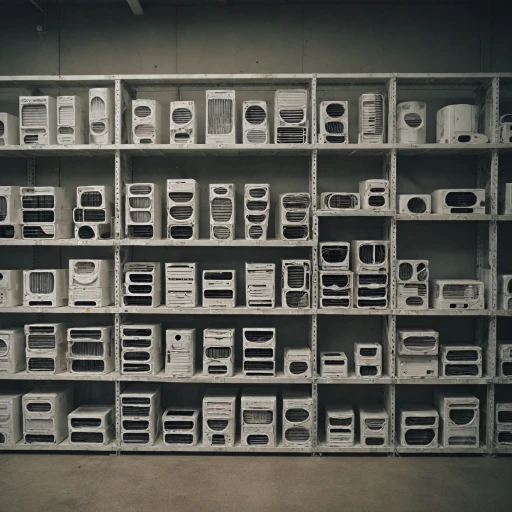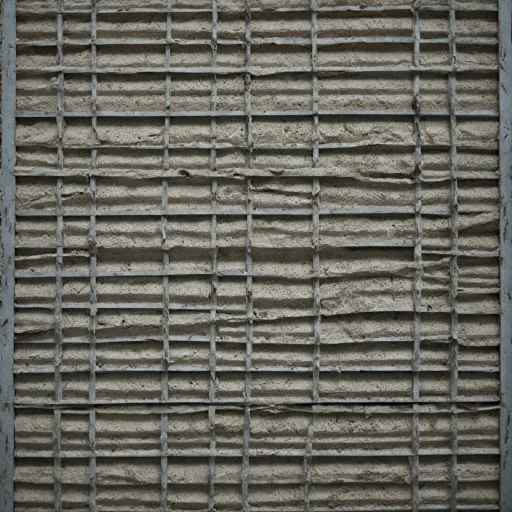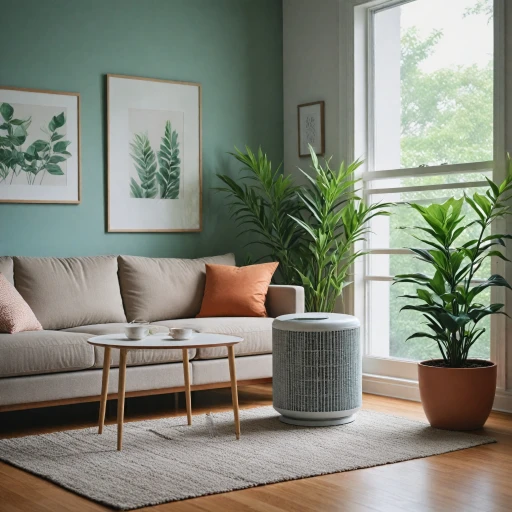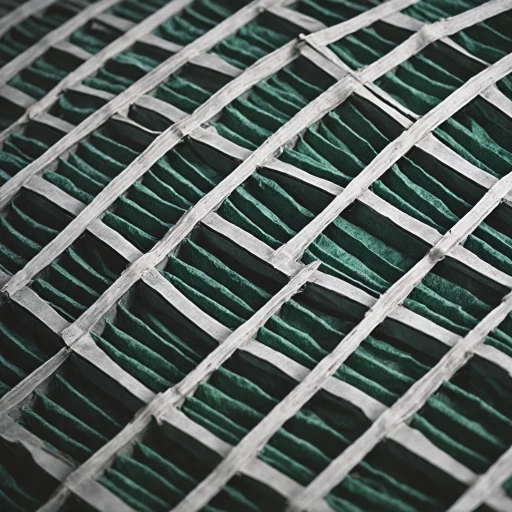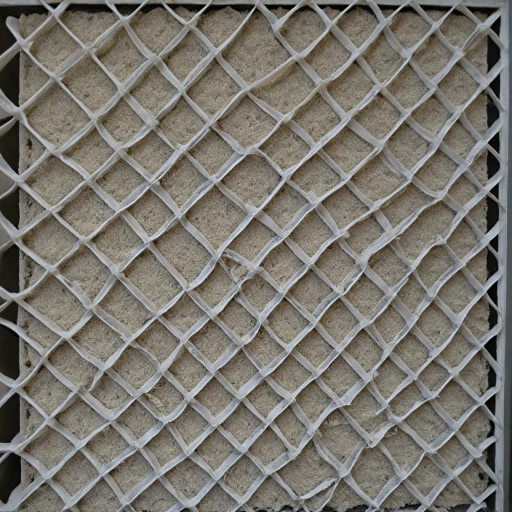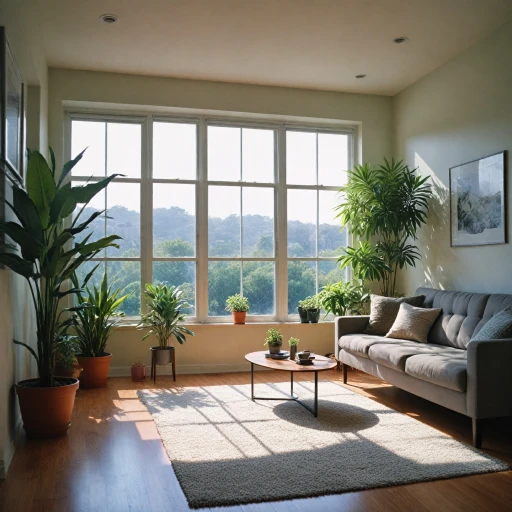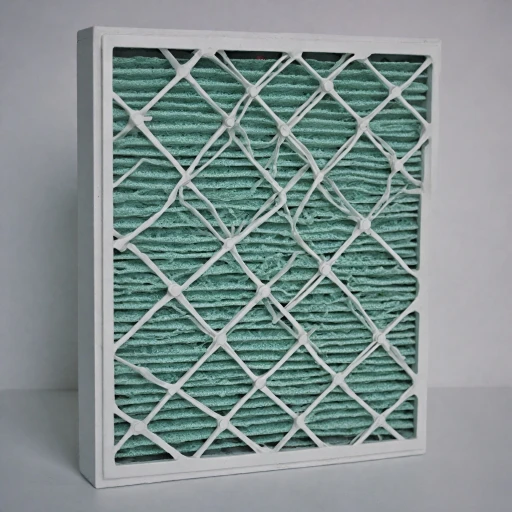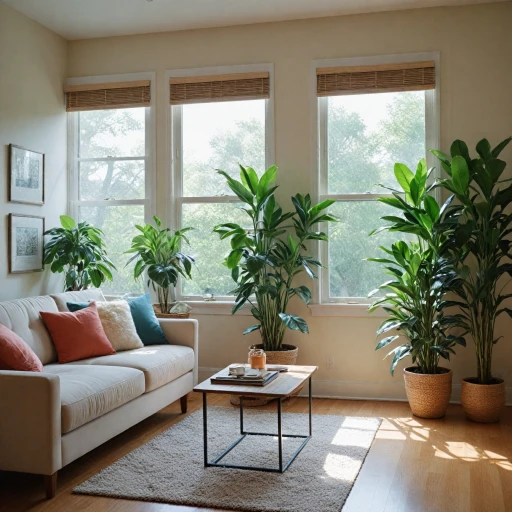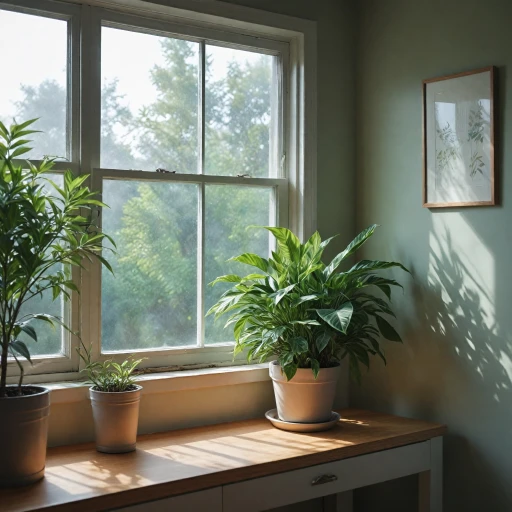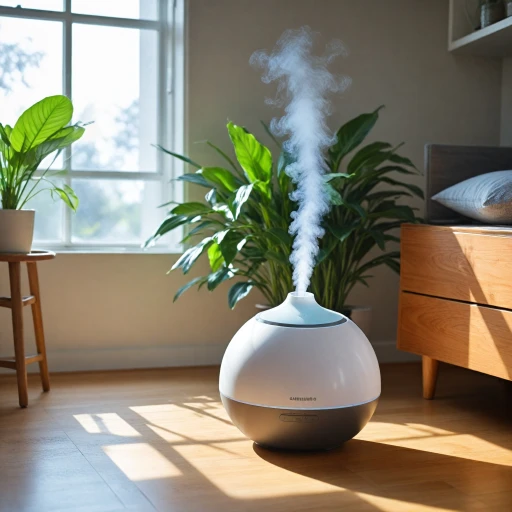
The Role of Dehumidifier Filters in Air Quality
The Significance of Dehumidifier Filters in Maintaining Air Quality
Ensuring optimal air quality within indoor environments involves various components, and dehumidifiers play a crucial role, especially in humid regions. At the heart of these units lie dehumidifier filters, which are instrumental in guaranteeing that the air you breathe remains clean and healthy. Dehumidifier filters work by trapping airborne pollutants, allergens, and dust particles as the air circulates through the unit. They aid in reducing excess moisture, which can be detrimental to both health and property. By maintaining a balanced humidity level, these filters help prevent the growth of mold and mildew, contributing to a healthier living space. While there are various types of filters to consider, each serves the purpose of capturing unwanted particles from the air. The efficiency of this process is often determined by the filter's MERV rating, which indicates its ability to capture larger particles. Whether you are looking at the regular price or sale price of these filters, investing in high-quality air filters can make a significant difference. In pursuit of achieving optimal performance, it's crucial to be aware of signs that indicate your dehumidifier filter may need replacement. Regular maintenance, as well as understanding the types of filters available, can greatly enhance the unit's performance. For those interested in further emphasizing air filtration benefits, considering bulk air filters is a worthy exploration. When shopping for replacement filters, look for those that are compatible with your dehumidifier models to ensure proper fit and function. Many filters are available for sale at different price points, often starting from a base price in USD, offering a range of options depending on budget and unit requirements. Remember, maintaining your dehumidifier filter not only supports the clean air you desire but also contributes to the overall energy efficiency of the device. Regular checks of the filter dehumidifier unit help sustain its longevity and performance at its peak.Types of Dehumidifier Filters
Exploring Various Filter Options
The choice of dehumidifier filters plays a significant role in determining the efficiency and functionality of your dehumidifier. With a variety of filter types available, understanding their unique features can help in selecting the most suitable one.
Let's explore some common options:
- MERV Filters: These filters are distinguished by their Minimum Efficiency Reporting Value (MERV) rating, which specifies their ability to capture particles of different sizes. The higher the MERV rating, the more effective the filter at trapping smaller particles, making them ideal for maintaining optimal performance in air quality control.
- HEPA Filters: High-Efficiency Particulate Air (HEPA) filters are renowned for their ability to filter out even the tiniest particles, including allergens and dust. They are favored for their high efficiency and are often available at a higher regular price than standard filters.
- Carbon Filters: These filters contain activated carbon and are excellent at removing odors and certain gases from the air. They are useful in households with pets or where cooking odors are prominent.
- Washable Filters: Unlike regular filter models that require frequent replacement, washable filters can be cleaned and re-used, providing a cost-effective solution. While they tend to have a higher initial unit price, the long-term price benefits are evident in their reuse.
The choice among these filters depends on compatibility with your dehumidifier model, personal air quality needs, and your budget constraints, as the price varies between these options. Opting for a true blue air filter is suggested for those seeking an efficient solution, balancing between price, performance, and energy usage.
In deciding, consider factors such as certainty of replacement fit for your dehumidifier, potential sale price during promotions, or discounts on bulk purchases to make a cost-effective decision. Understanding the impact of each filter type helps maintain your dehumidifier's top condition and enhances overall energy efficiency.
Signs Your Dehumidifier Filter Needs Replacement
Indicators It's Time to Replace Your Dehumidifier Filter
Knowing when to swap out your dehumidifier filter is key to ensuring optimal performance of your unit. Here are some pointers to help you recognize when a replacement is due:- Reduced Air Quality: If the air in your space seems more humid or musty than usual, it could be an indicator that your filters are not performing adequately. A filter dehumidifier that’s beyond its lifespan fails to capture pollutants effectively.
- Visible Wear and Tear: Regular inspections can reveal physical signs such as discoloration or damage on the filter. Whether it is a MERV filter or another type, visible strokes of wear are clear signs that it's time for a change.
- Increased Energy Use: A dehumidifier working harder than usual might push up your energy bills. Recognizing how dehumidifier filters impact energy efficiency can guide timely replacements, maintaining the unit’s effectiveness.
- Manufacturer's Guidelines: It's important to stick to the suggested interval for changing filters. Check the dehumidifier models' manual or consult the manufacturer's privacy policy or website for the recommended time frames.
How to Choose the Right Dehumidifier Filter
Factors to Consider When Choosing Your Dehumidifier Filter
Choosing the right dehumidifier filter can make a significant difference in the air quality of your environment and the efficiency of your dehumidifier unit. Here are some factors to consider:- Compatibility: Ensure that the filter is compatible with your specific dehumidifier model. Using a filter that doesn't fit properly can reduce efficiency and might damage your unit.
- Filter Type: Depending on your needs, choose the appropriate type of filter. Some filters are designed to capture larger particles, while others target finer irritants. Consider what issues you are trying to mitigate, such as allergies or excess moisture.
- Price Range: Filters can vary widely in price. Evaluate the regular price and sale price of filters from different brands. While more affordable options may be tempting, investing in a higher-quality filter can lead to better results and longer intervals between replacements.
- Energy Efficiency: The filter you choose can impact the energy efficiency of your unit. An effective filter can help maintain optimal performance, ensuring that your dehumidifier operates at its best without consuming unnecessary energy.
- Maintenance Requirements: Consider how often the filter will need replacing or cleaning to maintain its effectiveness. Regular maintenance is crucial for ensuring that air flows freely through the filter, preserving the longevity of your dehumidifier.
Maintenance Tips for Dehumidifier Filters
Ensuring Long Lifespan with Proper Maintenance
Maintaining your dehumidifier filters is crucial for optimal performance and extending the lifespan of your dehumidifier unit. Regular maintenance not only ensures the air quality remains at its best but also helps in avoiding unnecessary replacements that can add up in price over time. Here are some tips to keep your dehumidifier filters in top condition:- Regular Inspection: Regular checks help in identifying when a filter is clogged or filled with debris. This ensures the filter can be replaced before it significantly affects performance.
- Easy Cleaning: Some air filters are designed to be easily cleaned with water. Before doing so, ensure the filter is compatible with washing. Always allow it to dry completely before reinserting it into the unit.
- Stick to Manufacturer Guidelines: Following manufacturer instructions for maintenance and how often to replace the filters is essential. This keeps the dehumidifier operating efficiently and prolongs the unit's longevity.
- Check for MERV Ratings: The efficiency of air filters is often measured in MERV ratings. Higher MERV filters provide better air quality but may need more frequent maintenance.
Impact of Dehumidifier Filters on Energy Efficiency
Maximizing Dehumidifier Efficiency with Effective Filter Use
Ensuring the filters in your dehumidifier are functioning correctly is essential to maintain energy efficiency. A well-maintained filter promotes optimal air flow, making the unit operate smoothly and effectively. When the air filter is clean, the dehumidifier does not have to work as hard to pull air through the system, which can significantly influence the unit's energy consumption. Regular maintenance, including timely replacement of the dehumidifier filter, can prevent your dehumidifier from using excess electricity, which is cost-effective in terms of your energy bills. Filters need to be replaced with a compatible model to ensure they fit well and avoid air leaks that could lead to inefficiencies. Here are a few points to keep in mind for optimal performance and energy efficiency of your dehumidifier:- Regular Replacement: Adhering to a maintenance schedule is crucial. This ensures the filters do not get clogged with dust and debris, which can force the unit to consume more energy.
- Choose Compatible Filters: Not all filters work with every dehumidifier. Make sure to buy filters that are compatible with your specific dehumidifier model. Check the unit price and compare the sale price to ensure you get the best value.
- Maintain Clogs-Stroke Ratio: Keeping an eye on the minimum efficiency reporting value (MERV) of your filter ensures it is not too restrictive nor too lax, thereby maintaining the right balance between airflow and filtration efficiency.

